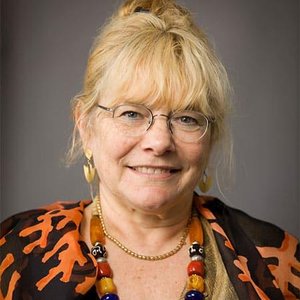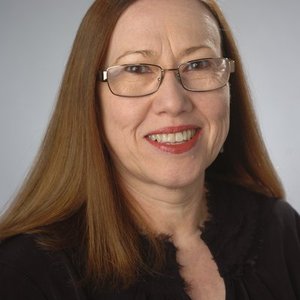LLC34: World Gender in Translation
About
Through a transdisciplinary approach, This reading group focuses on gender in a global and multilingual perspective, considering cultural and political diversities that inform constructs on sex, sexuality, and performance in the realm of politics.
Open to New People
Inactive since: 2022
Collaborative Goals
Functioning since 2018, this Cornell Reading group project is linked to the Cornell World Gender International Research Network (IRN). Its main objective is to contribute to the understanding of the ebbs and flows of ideas and concepts concerning gender (and therefore sexuality and feminism) across political cultures and languages. We argue “that the international circulation of gender is about translating, rather than importing ? the difference lying in contextualization” (Fassin, 2016). Since knowledge is always “situated,” the geographical and cultural perimeter of the World Gender IRN does not limit itself to a reductive North/South axis. Our initial network has included research teams from France, the United Kingdom, Nordic countries with Finland, the Mediterranean region (with Spain and Morocco), and the United States of America, and South America in countries such as Bolivia and Brazil. Lately, we have expanded our network to street and intellectual politics of South America, bringing to our panels names such as Luciana Cadahia (Argentina) and Indianarae Siqueira (Brazil).
Our Cornell World Gender IRN program is also grounded in strong research ties among us; some of them formed more than fifteen years ago. These ties have resulted in joint supervision of Ph.D. dissertations, co-organized conferences, workshops, and senior and junior researchers' exchanges, among other common activities. The strength of our common research lies in an open analytical approach to the circulation of ideas and concepts regarding gender and sexuality, as well as to the understanding of the political controversies that surround them, starting from a strong multidisciplinary base in philosophy, sociology, literary and cultural studies, anthropology, and political science, with a resolutely pluri-, inter- and transdisciplinary framework. It is our intention to enlarge and locate this discussion in Upstate and Central tier of New York State, especially including indigenous and black histories that are too quickly filtered through the lenses of European imaginaries that circumvent the region. We aim at learning and mustering different approaches on gender in a global and located approach, understanding that the local influences the global.
Group Organizers

